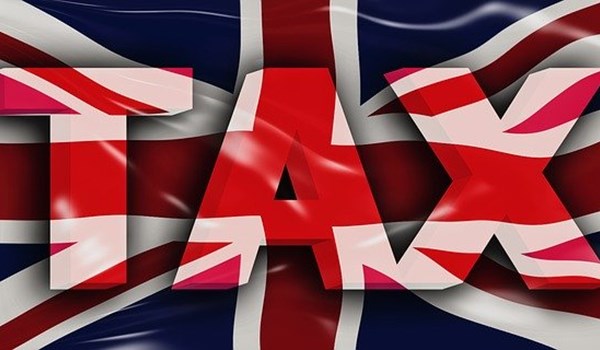
UK: New tax regime for UK non-doms
In his Spring Budget, delivered on 6 March 2024, the Chancellor announced sweeping reforms to replace the current tax regime for UK resident, non-UK domiciled individuals with a system based purely
After two weeks of intense negotiations, COP29 formally closed at 5:31 am AZT, Sunday 24 November 2024.
Almost 200 countries and over 90 national leaders gathered in Baku, Azerbaijan, to assess progress towards the Paris Agreement and agree to a new climate finance goal to underpin its implementation.
While a deal on climate finance was finally reached, many nations criticized the resulting text as “too little, too late”, falling far short of the USD 1.3 trillion annually some countries say is needed to address the climate crisis equitably or indeed effectively.
Climate finance was not the only item on the table. COP29 also set out to tackle Article 6 and carbon markets, accelerate “Global Stocktake” pledges agreed at COP28 including transitioning away from fossil fuels, and push forward national adaptation plans (NAPs) and the global goal on adaptation (GGA).
SEI contributed to over 30 events during the two-week conference, with experts on the ground sharing research knowledge and evidence of successful practice to help strengthen negotiations.
All signatories to the 2015 Paris Agreement recognized “common but differentiated responsibilities” in how climate action materializes in different countries. Signatories also agreed that higher-income countries would lead in providing finance to lower-income nations. This clause in the legally binding Paris Agreement was designed to help lower-income countries both adapt to a rapidly changing climate that they did the least to cause, and to strengthen their nationally determined contributions (NDCs) to keep warming under the 1.5°C temperature threshold.
While the attainment of a finance deal in the final hours at COP29 can be seen as an important moment for multilateralism to have not collapsed, the agreement was not universally welcomed. Nigeria, Bolivia, India and the Group of Least Developed Countries were deeply critical at the conference’s closing plenary. They argued that the level of finance proposed was insufficient to meet needs, and greatly diminished the ability of lower-income countries to deliver strong NDCs.
The EU however, noted that the USD 300 billion was politically realistic and achievable, preferable to a higher figure that was not possible to mobilize and could therefore damage trust. The EU further argued for increasing the contributor base of countries who fund the goal. This includes nations who were classified in 2015 as “developing”, but have now developed much larger economies, such as China and Saudi Arabia. This question is likely to remain a topic closely connected to climate finance and support for NDCs, especially given that new evidence indicates China’s emissions have now caused more global warming than the EU, albeit to support a population more than three times as large as Europe’s.

In his Spring Budget, delivered on 6 March 2024, the Chancellor announced sweeping reforms to replace the current tax regime for UK resident, non-UK domiciled individuals with a system based purely

The top executives of Standard Chartered (SC) Ventures have emphasised that India is becoming a major hub for technology that continues to transform how people live, work, and connect. Speaking to at

Some 60 per cent of British millionaires believe they could have a better life abroad, a new survey has revealed. More than half of all the 1,000 wealthy respondents also said they are more likely to

Hong Kong and Switzerland are each making significant strides in the realm of blockchain and cryptographic technologies. Seeking to accelerate their advancements through collaboration, Invest Hong Kong